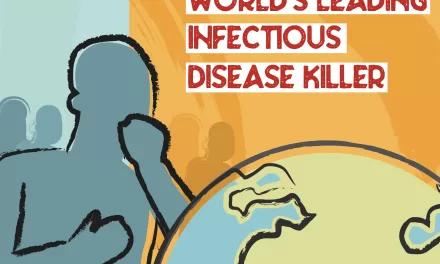
In spite of advancements made in China, global air pollution remains a significant external threat to human health. Recent research unveiled on Tuesday reveals that countries in Asia and Africa bear the brunt of this impact.
The annual Air Quality Life Index (AQLI) report from the University of Chicago’s Energy Policy Institute (EPIC) highlights that approximately 75% of the negative health effects of air pollution are concentrated within six nations: Bangladesh, India, Pakistan, China, Nigeria, and Indonesia.
According to the report, adhering to the World Health Organization’s (WHO) recommended levels for hazardous airborne particles called PM2.5 could extend the global average life expectancy by 2.3 years, ultimately saving a collective 17.8 billion years of life.
Over the past decade, global average pollution levels have slightly decreased, with China driving most of the improvement. Their 10-year “war on pollution” has led to a reduction of over 40% in PM2.5 levels since 2013.
However, the director of AQLI, Christa Hasenkopf, noted that while China has achieved remarkable progress, other regions are experiencing a reverse trend. PM2.5 levels in South Asia have risen by almost 10% since 2013, causing a reduction of approximately five years in average life expectancy. In central and western Africa, increasing energy consumption has turned particulate pollution into a rising health concern comparable to HIV/AIDS and malaria.
Nearly all of Southeast Asia is now categorized as having “unsafe pollution levels,” resulting in a decrease in average life expectancy by 2-3 years.
Although China’s average PM2.5 concentration was at 29 micrograms per cubic meter in 2022, significantly higher than the WHO’s recommendation of 5 micrograms, the country’s improvements have already raised average life expectancy by 2.2 years since 2013. Meeting the WHO standard could potentially lead to an additional increase of 2.5 years.
“We haven’t yet fully addressed the issue of air pollution, but China’s progress shows us that it’s a problem that can be tackled,” Hasenkopf stated.











